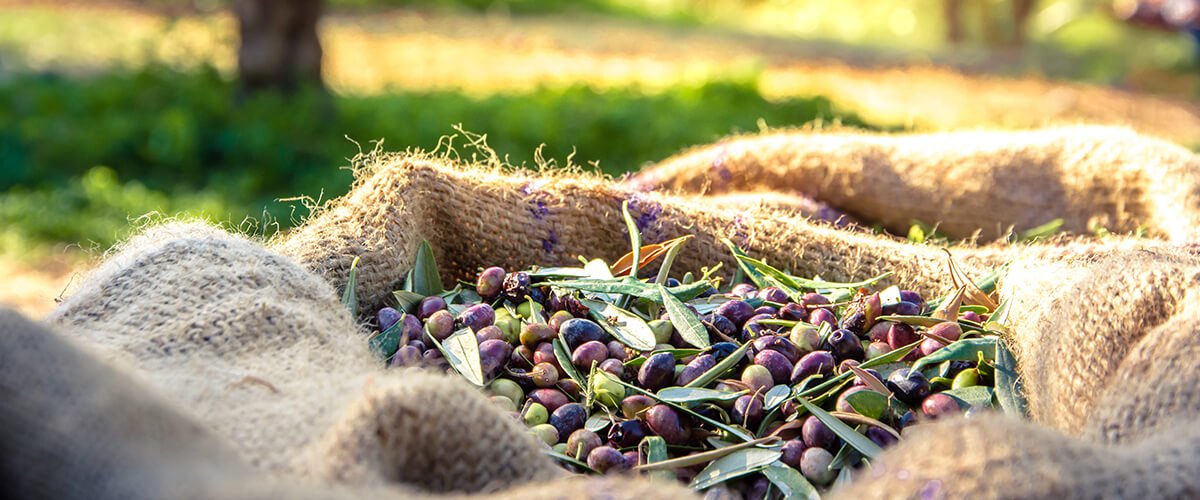
Introduction:
In the picturesque landscapes of the Mediterranean region, olive farming has been a longstanding tradition, bearing not only fruits but also residues that have often been underutilized. However, Surfoly, an innovative and sustainable business model, is set to revolutionize the way olive mills, feed manufacturers, and farmers-breeders in this region operate. This forward-thinking project, funded by the EU through the PRIMA agency, is not just about feeding animals but nurturing a circular economy that benefits all stakeholders.
The Essence of Surfoly:
At the heart of Surfoly lies a transformative concept – the production of biochar from olive residues and its utilization to filter wastewater from olive mills. This groundbreaking approach not only mitigates environmental concerns but also leads to the production of enriched biochar loaded with polyphenols.
Biochar: A Game-Changer:
Biochar, the focal point of Surfoly, plays a pivotal role in this eco-friendly initiative. Derived from olive residues, it serves a dual purpose. Firstly, it significantly reduces the Chemical Oxygen Demand (COD) of olive mill wastewaters by absorbing polyphenols. This not only minimizes their polluting impact but also enhances their usability as fertilizers or for safe disposal.
Polyphenols for Animal Wellbeing:
The polyphenol-enriched char, a byproduct of this process, is more than just waste management; it has antioxidant properties that can effectively reduce methane emissions from ruminants. As a result, it is added to dried pomace, derived from olive mills, to create a nutrient-rich mix. This mixture is then pelletized and used as a key ingredient in a new formula designed for sheep and goats, enhancing animal wellbeing and reducing environmental impact.
Cultivating Wealth for Mediterranean Communities:
Surfoly doesn't just stop at innovative processes. It's about creating wealth for Mediterranean communities by fostering a circular economy. Through the integration of small ruminants, such as sheep and goats, into olive orchards, digested biochar is released back into the fields, acting as a carbon sink. This holistic approach benefits both the environment and local farmers.





